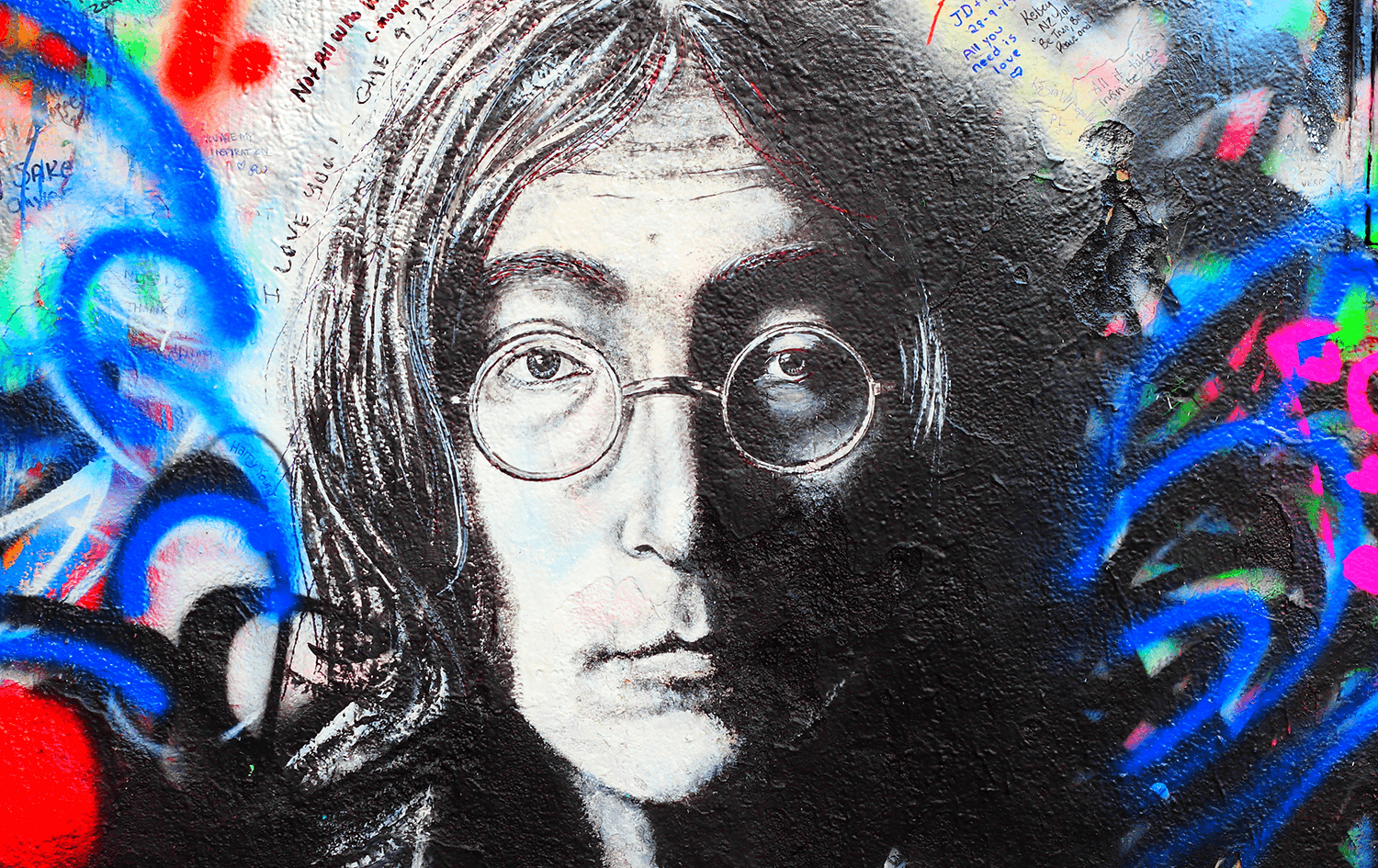On the night of December 8th, 1980, John Lennon was shot and killed by Mark David Chapman, an alleged fan of his. This was a shock to the world, especially to those close to John and the entire music industry. It was a brutal murder and one that cut the life of a musical trailblazer tragically short. Just as many often remember where they were during far-reaching world events, Patrick Madrid said that he remembers exactly what he was doing when he heard the news.
Patrick, who was 20 years old at the time, said he was actually playing music with his band that night. When he took a break, he received a phone call from a friend. “A friend said, ‘Hey turn on the news, John Lennon was just killed.’ I said, ‘No way.’ It was like that was impossible. How could that happen? It couldn’t happen. And sure enough, it did.”
While obviously there were musical implications for the Beatles and Yoko Ono based on Lennon’s death and many were overcome with grief at the tragedy, that moment meant something very different to Patrick. He said that that was the first moment that the idea of mortality and death set in for him. Of course, Patrick knew that he would one day die, but he had never fully grasped the meaning before that day. He thought about the fact that we would all be called one day to give an account of our lives and answer to that higher power. There’s nothing nebulous about particular judgment. It’s either eternity in paradise or eternity without God.
“It was one of those moments, Cyrus, I kid you not, when that whole message of the gospel became really real to me, because John Lennon and the Beatles…these guys are superhuman. They’re not going to get old; they’re not going to die, they’re just going to sort of be around forever.” Patrick understood that this subconscious reasoning was ludicrous, but it was a concept he had never grappled or come to terms with. These seemingly immortal superstars didn’t seem so immortal now. It didn’t matter that they had all the money and fame in the world. Everyone’s time on earth would come to an end.
As tragic as Lennon’s death was and as evil as the crime was, God was calling him to judgment. It was time to “settle up.” And that was the other striking part of his death. For around 20 years, Lennon and the Beatles had been making world-changing music. They were doing well financially, and it showed in their possessions and lifestyle. But at the end of it all, you can’t take it with you. John Lennon wouldn’t be loading a Rolls Royce full of his riches to take to heaven. He would be facing God alone with his words and his actions, his virtues and his vices. That really struck Patrick to his core.
When it comes down to it, the number of records you sell doesn’t matter. The amount of money you make doesn’t matter. In a broader, more modern sense, the number of followers you have doesn’t matter. In an eternal sense, those statistics are meaningless. But here on earth, it’s hard to separate the trivial from the integral. It’s certainly reasonable to argue that the Beatles got caught up in the lifestyle, the fame, the money, and the drugs. And because of that, Lennon was a profoundly unhappy person for certain periods of his life. He was able to recover from this lifestyle towards the end and we pray that he now rests in God’s presence. From a practical perspective, this example is yet another demonstration that materialism will not bring happiness. Renown will not bring happiness. Pleasure will not bring happiness. Only God’s love can bring happiness.
“Ultimately, the only things that you’ll leave this world with at the end of your life are your sins and your love.”
Listen to the full talk below:
The Impact of John Lennon’s Death on Patrick Madrid
Tune in to The Patrick Madrid Show weekdays 8am – 11am CT


